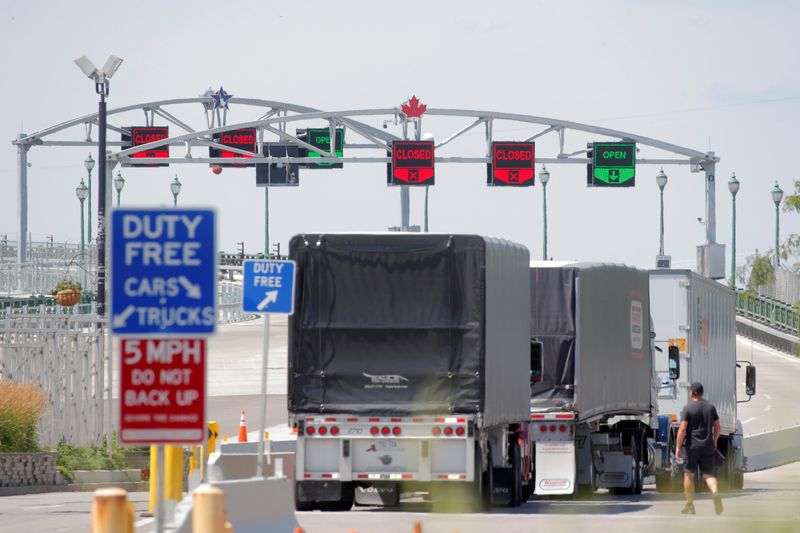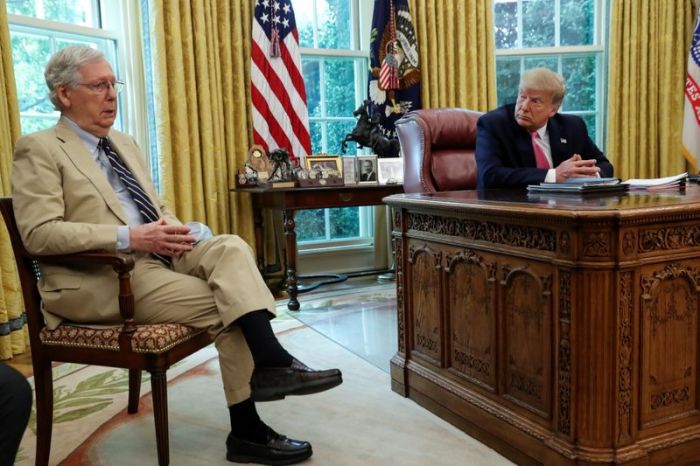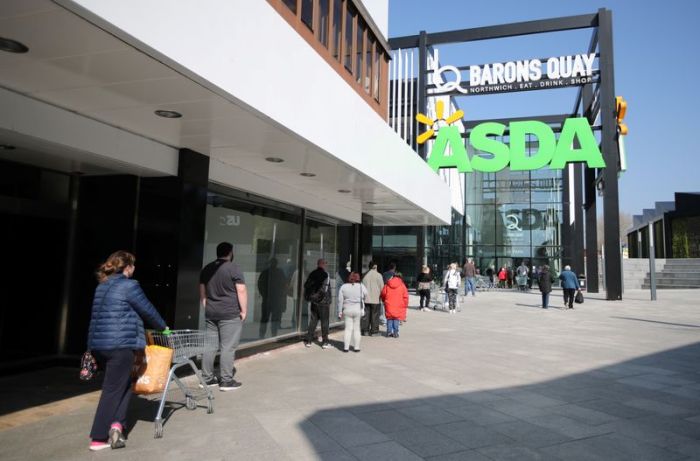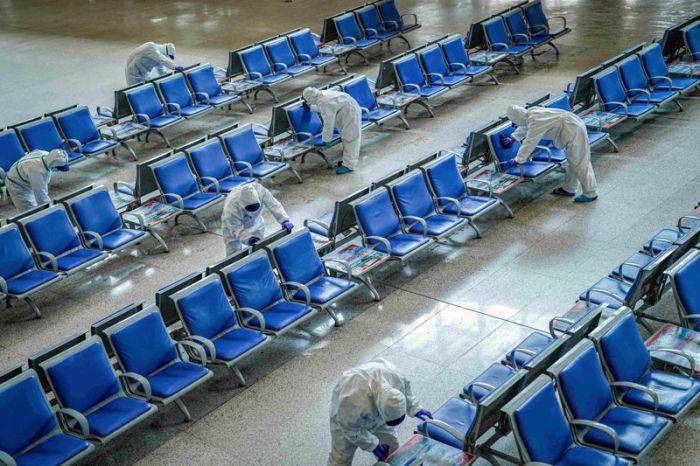OTTAWA/VANCOUVER (Reuters) – For 67 days, tiny Prince Edward Island went without a single new case of COVID-19. That changed earlier this month when Canada’s smallest province, best known as the home of fiction’s Anne of Green Gables, announced a cluster of new cases linked to a foreign student who entered Canada from the United States.
The man, who did not immediately self-isolate upon arrival in Canada as required by law, infected at least one person, who then infected at least four more.
“With tens of thousands of people crossing the border every day, there’s no way to enforce that” they follow the rules, said Colin Furness, an epidemiologist and assistant professor at the University of Toronto. “It’s a little bit scary.”
As Canada’s COVID-19 infections and deaths moderate, the explosion of new cases in the United States presents a challenge for Canadian authorities who must deal with both unwanted tourists slipping though the border and legitimate travelers who break the strict quarantine laws.
The problem is compounded by a recent jump in crossings. More than 187,000 truck drivers and individuals entered last week from the U.S., a 30% increase over the end of May. https://tmsnrt.rs/3fEiQZ5
“The ice beneath our feet is getting steadily thinner in terms of what we’re allowing and the risk that we’re taking,” Furness said.
CLOSED BUT OPEN
While the border has been closed to non-essential travel since March 21, returning Canadians, essential workers and truckers, foreigners coming for family reunification, and even Americans driving to Alaska, are all allowed in.
The law dictates that all but essential workers and truckers must isolate for 14 days, but not everyone is.
Canada’s public health agency has so far contacted 175,723 foreigners to verify their compliance, while the Royal Canadian Mounted Police said police have performed physical verification checks on 1,492 “priority individuals.”
A Florida couple were fined in rural Ontario this week for breaking the quarantine law, while a Minnesota couple were fined last week, also in Ontario. Police have also fined numerous U.S. citizens for stopping to hike in picturesque Banff National Park while en route to Alaska.
Canadians, too, have faced scrutiny. Three Irving Shipbuilding executives were granted an exemption in June to travel to the U.S. and not quarantine on return. After public backlash, the local health authority backtracked and the men were isolated.
Public opinion in Canada is firmly in favor of border restrictions, with 81% of polled Canadians saying they want the border to stay closed. The U.S. reported a record 77,000 new COVID-19 infections on Thursday.
Despite the surge, the Canadian government is under pressure from a group of 29 U.S. lawmakers who want a phased plan for reopening, and from family reunification advocates who say it is unfair that married people can cross the border to join their spouses while fiances or non-cohabitating domestic partners of Canadians cannot.
“We are not asking for open borders, we are just asking to be together,” said David Poon, who runs a Facebook group advocating to reunify couples separated by the border closure.
TOURISM HURTING
Canada’s most iconic tourist towns are feeling the pinch. The unemployment rate in Banff, a resort town in Canada’s flagship national park, has risen to an alarming 80% as COVID-19 has crippled the hospitality sector, said Leslie Bruce, chief executive of Banff and Lake Louise Tourism.
Since the border restrictions were imposed, more than 10,000 U.S. citizens have been turned back because they wanted to enter for tourism, shopping or other non-essential reasons, according to the Canada Border Services Agency.
In Whistler, a British Columbian mountain resort where U.S. tourists typically account for 25% of all summer visitors, hotel occupancy dropped to “pretty much zero” from mid-March through the end of June, said Barrett Fisher, president and CEO of Tourism Whistler.
“The U.S. is an important tourism market for Whistler, but the safety of all of our communities is first and foremost,” she said.
(This story corrects name of company in the 11th paragraph to Irving Shipbuilding, not Irving Oil.)
(Reporting by Julie Gordon in Ottawa and Tessa Vikander in Vancouver; Editing by Leslie Adler)
























